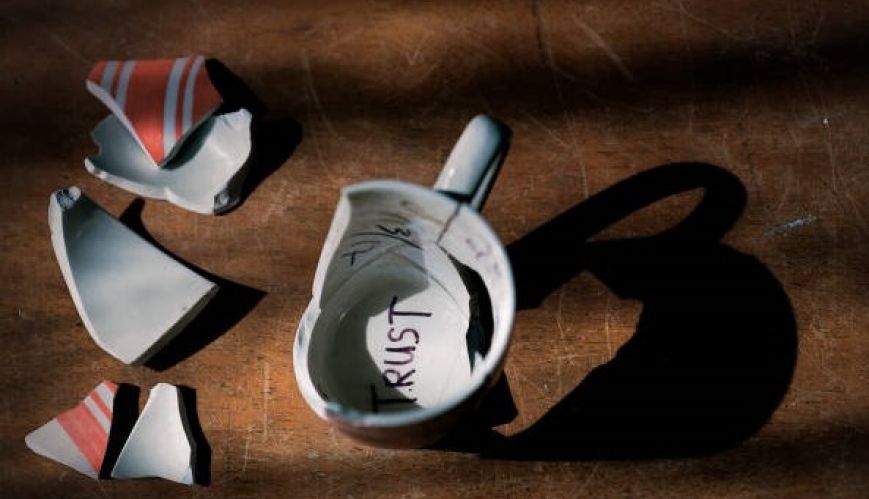Restoring the broken

Restoring the broken
30 May 2022
Reconciliation is God’s language for the broken people and the broken policies and systems of this world.
Emmanuel Katongole, Ugandan Catholic priest and Professor of Theology, says that “Reconciliation is God’s language for a broken world.” This, to me, is the best definition of what reconciliation is. It speaks to the broken relationships, systems and policies that cause division. It also speaks to the desire of God to mend and bring together all those broken things.
John Lewis, an American politician and civil rights activist, once said, “I believe we are all a spark of the divine, and if that spark is nurtured, it can become a burning flame, an eternal force of light.”
That is what seekers of justice and reconciliation want to see happen – we want to spark a revolution of justice and light in our communities and our world, but that does not happen without some pain and sacrifice. You cannot just preach justice and sit back and watch it happen; you cannot just move into a community and say you are here to bring reconciliation. No, it will cost you.
We all know that reconciliation needs to take place in our own communities. We desire to make it happen, but some of us are not prepared for what it could cost us.
Possible costs
It will cost you time; it could cost you your emotional wellbeing; it could cost you regarding your spiritual life, causing you to question and struggle over the word of God. Being a justice seeker will involve sacrifice and hard work. It could cost you your long-held beliefs and opinions; it could cost you comfort and peace.
Author Miroslav Volf shares with us this challenge, “If we believe rightly in Jesus Christ who unconditionally embraced us, the godless perpetrators, our hearts will be open to receive others, even enemies, and our eyes will be open to see from their perspective.”
That is what it means to be a person of justice and reconciliation. It does not just mean seeking justice and reconciliation on behalf of the victims; it also means embracing the perpetrators. That is costly.
It is not easy to embrace the one who has done the hurting. It is not easy to embrace the person who advocates for Aboriginal children to be taken from their mothers, for refugees to be refused entry into a country of safety, or for homeless people to be denied assistance. Yet embrace we must. Reconciliation is God’s language for the broken people and the broken policies and systems of this world.
Community healed
Author and speaker Brené Brown shares these wise words in her book, Braving the Wilderness, “We are going to need to be with people who are different from us intentionally. We are going to have to sign up, join, and take a seat at the table. We are going to have to learn how to listen, have hard conversations, look for joy, share the pain, and be more curious than defensive, all while seeking moments of togetherness.”
It costs you when you spend time building relationships with people you do not like and disagree with. It takes time and heart to be bearers of reconciliation and people who spark a new way of living in community with others.
Yet, in the brokenness of it all, you will find the beauty and see that, although it cost you, it was worth it in the end.